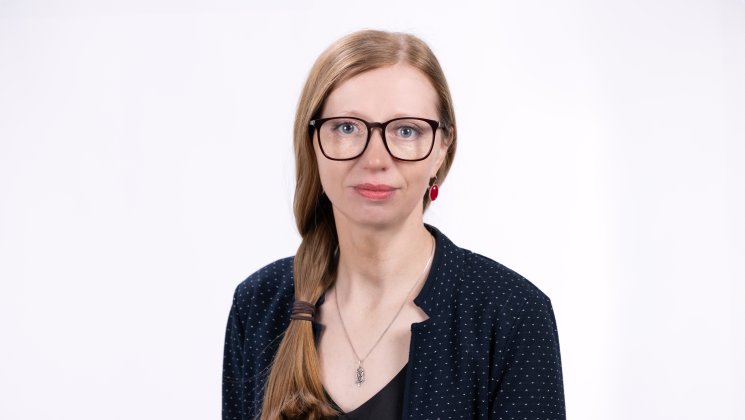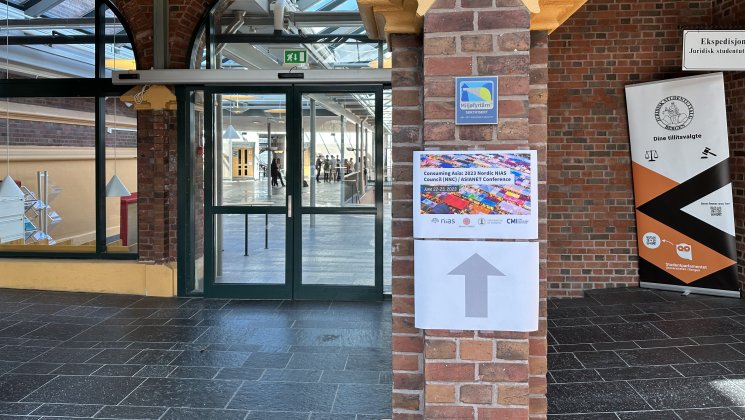Introduction of a research fellow. Welcome, Kikee Doma Bhutia

Four research fellows joined the Centre in September. Next in the line of introduction is Kikee Doma Bhutia.
- What is your background and how did you get fascinated by Asia?
Born in Sikkim, a former Buddhist Himalayan Kingdom now part of the Indian Union, I received my master’s degree in English Language and Literature from the North-Eastern Hill University in Shillong, Meghalaya (India). I worked for two years (2014-2016) as a Research Assistant at the Namgyal Institute of Tibetology (Gangtok, India), where I worked on Translation and Compilation of a volume on Bhutia Proverbs and Sayings. Later, I directed a series of 50 short video recordings on these proverbs and sayings for Internet upload to make it accessible to the younger generation. My responsibilities at the Institute also included assisting in translation and subtitling of three ethnographic films titled: Pang Lhabsol, The National Ritual of the Land, and its Guardian Deities (2015); Drokpa – the Yak herders of Sikkim (2017) and Garpo: The Mani Stone Carver of Tashiding (2022). This allowed me to proficiently make recordings and engage in participant observation during my PhD studies. These earlier works had a decisive formative impact in the pre-PhD development as an in-field researcher and allowed me to establish a strong local network and academic base within Sikkim. For me, my research is an exploration of – the beliefs, values, stories, and rituals that I grew up with and so sees them as both an academic endeavor and a quest for discovering and understanding ‘the self’.
- What do you do in your research?
In my doctoral dissertation, entitled Mythic History, Belief Narratives and Vernacular Buddhism among the Lhopos of Sikkim (2016-2022), I explore the symbiosis of institutional Buddhism and the indigenous beliefs in the Himalayan region. It is fieldwork-based research which examines the social, political, and economic lives of the Lhopos of Sikkim, with a special emphasis on related identity issues and the lived and vernacular realities surrounding religious practices. It studies the vernacular religion (Primiano 1975) of the Lhopo communities, their life alongside non-human entities and their interactions with them. The focus is on the Lhopo mythic histories and other belief narratives in relationship to the beliefs, religious practices, and cultural traditions of other ethnic communities of Sikkim. My research shows that many beliefs are shared as warning legends supported by the mythic historical details that have passed down and spread within and across communities. The thesis remains a crucial contribution to not only the discourse about genre in belief studies by presenting materials as seen from the perspectives of multiple communities caught in the confluence of change and continuity.
My current research interests range from conceptualizing national identity, tracing the importance of vernacular symbols in redefining, and understanding the perspective of different communities and ideas of belonging, the role of religion and culture in the wider unrest and foreign policymaking within the transnational framework of the politics of globalization.
- What are your cultural recommendations from Asia to our followers?
The beautiful and pristine Himalayan range in Sikkim is my home in Asia. Sikkim’s Mount Khagchendzonga 8,586 m (28,169ft) is not only the third highest mountain in the world but also one of its most revered deities. My recommendation would be to never take recommendations and to travel with an open mind. A feeling of hospitality and warmth cannot be recommended; it must be experienced. My beautiful land is yours, so welcome.
Similarly, you are welcome to our team, Kikee!





